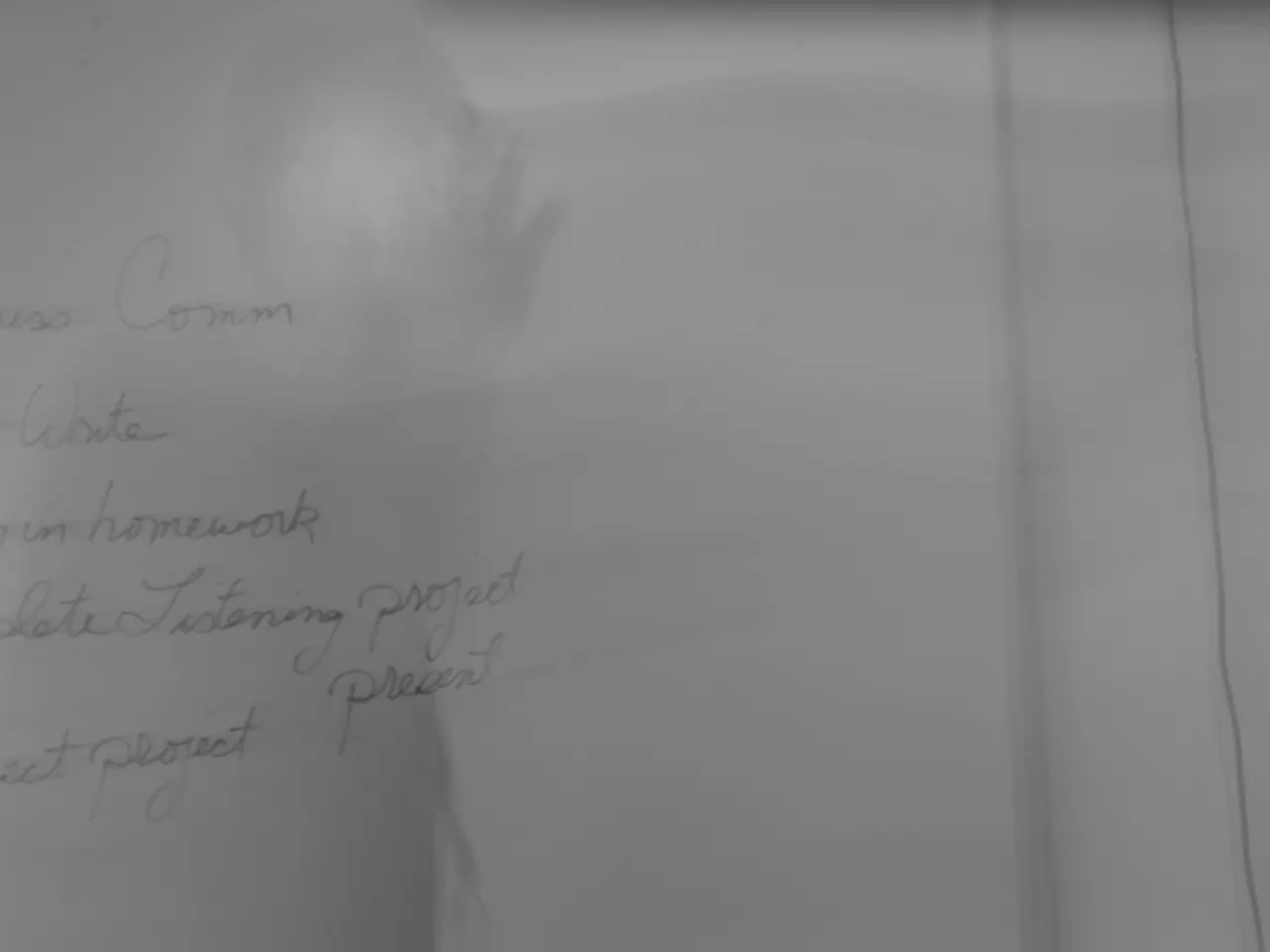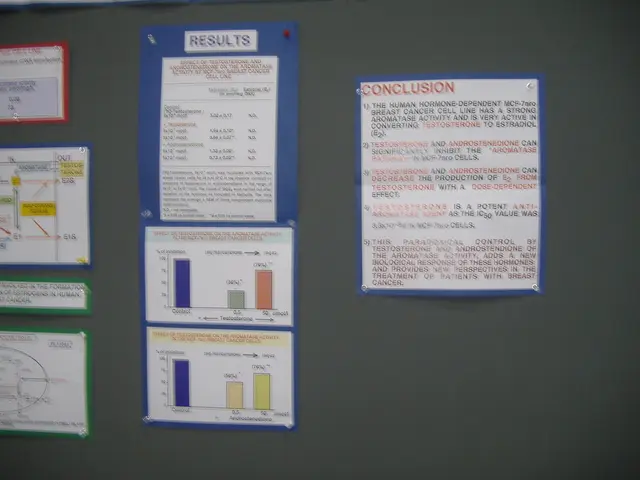Zelle's parent company is being sued by the New York Attorney General, with accusations that the payment service allows for widespread fraud to occur.
Zelle Faces Legal Action Over Alleged Fraud Vulnerabilities
In a move aimed at protecting consumers, the New York Attorney General, Letitia James, has filed a lawsuit against Early Warning Services (EWS), the operator of the popular payment network Zelle. The lawsuit alleges that EWS failed to adequately protect Zelle users from fraud, resulting in over $1 billion being stolen since the platform's launch in 2017.
The core problem, according to the lawsuit, lies in Zelle's design, which prioritized speed and ease of instant transfers at the expense of properly vetting and protecting users. This has created vulnerabilities that have been repeatedly exploited by scammers.
The lawsuit claims that EWS allowed transfers to unregistered recipients, such as email addresses or phone numbers not enrolled in Zelle. This flaw enabled fraudsters to exploit the system. The lawsuit argues that EWS continued to earn hundreds of millions from network growth while consumers suffered mounting fraud losses that could have been prevented if safeguards had been implemented promptly.
The lawsuit also alleges that EWS failed to remove fraudsters from the Zelle network after receiving complaints. Additionally, Zelle's irreversible transfers meant that many consumers were not able to get their money back after realizing they had been targeted in a scam. The lawsuit further states that EWS did not require banks to reimburse customers for certain scams.
The lawsuit seeks restitution and damages for New Yorkers affected by fraud on Zelle's platform, as well as a court order mandating that Zelle adopts anti-fraud measures. The New York Attorney General's lawsuit is not the only legal action Zelle is facing. In December, the Consumer Financial Protection Bureau (CFPB) sued EWS and three of its owner banks for "allowing fraud to fester."
The CFPB's lawsuit stated that hundreds of thousands of consumers who filed fraud complaints about Zelle were largely denied assistance. The CFPB dropped its suit against EWS and several other companies accused of hurting consumers earlier this year, along with several other cases.
Zelle's current anti-fraud measures include a suite of network safeguards fully implemented in 2023, which significantly reduced consumer losses from fraud on its platform. These measures were developed earlier, in July 2019, but were delayed in deployment until four years later. Despite growth in transfers, reported fraudulent losses dropped sharply after the implementation of these safeguards.
The lawsuit alleges that EWS and its partner banks, including JPMorgan Chase, Bank of America, and Wells Fargo, knew for years about Zelle's fraud problem but failed to take meaningful steps to fix it. The lawsuit was filed in the New York State Supreme Court.
As of 2024, Zelle's payment network had grown to 151 million users. Some victims of fraud were even told to contact the fraudsters directly to try to recover their money, the CFPB's lawsuit alleged. The lawsuit also claims that Zelle's quick registration process lacked verification steps, allowing scammers to pose as businesses and government entities.
Zelle launched in 2017 as a competitor to popular payment apps like Venmo and Cash App. The Consumer Financial Protection Bureau dropped a similar case against some of Zelle's backers in March, which is part of a broader pullback in enforcement under the Trump administration.
References:
- Zelle's New Anti-Fraud Measures Reduce Consumer Losses
- New York Sues Zelle Over Alleged Fraud Vulnerabilities
- CFPB Sues Zelle Over Alleged Fraud
- Zelle's Fraud Problem and the CFPB's Response
- Zelle's Quick Registration Process and Fraud
The lawsuit filed by the New York Attorney General accuses Early Warning Services (EWS) of earning profits while consumers suffered from fraud losses on the Zelle platform. EWS, along with partner banks JPMorgan Chase, Bank of America, and Wells Fargo, are alleged to have known about Zelle's fraud problem for years yet failed to implement meaningful solutions.
The lawsuit further argues that Zelle's general-news sector, including its quick registration process, lacked sufficient verification steps, which was exploited by fraudsters. In addition, the lawsuit points out that Zelle's crime-and-justice sector failed to remove scammers from its network despite receiving complaints.
The legal actions against EWS and Zelle extend beyond the New York Attorney General's lawsuit, as the Consumer Financial Protection Bureau (CFPB) has also sued EWS and its owner banks for allowing fraud to persist. This lawsuit follows a pattern of harmful practices in policy-and-legislation and finance sectors that have affected countless consumers.




